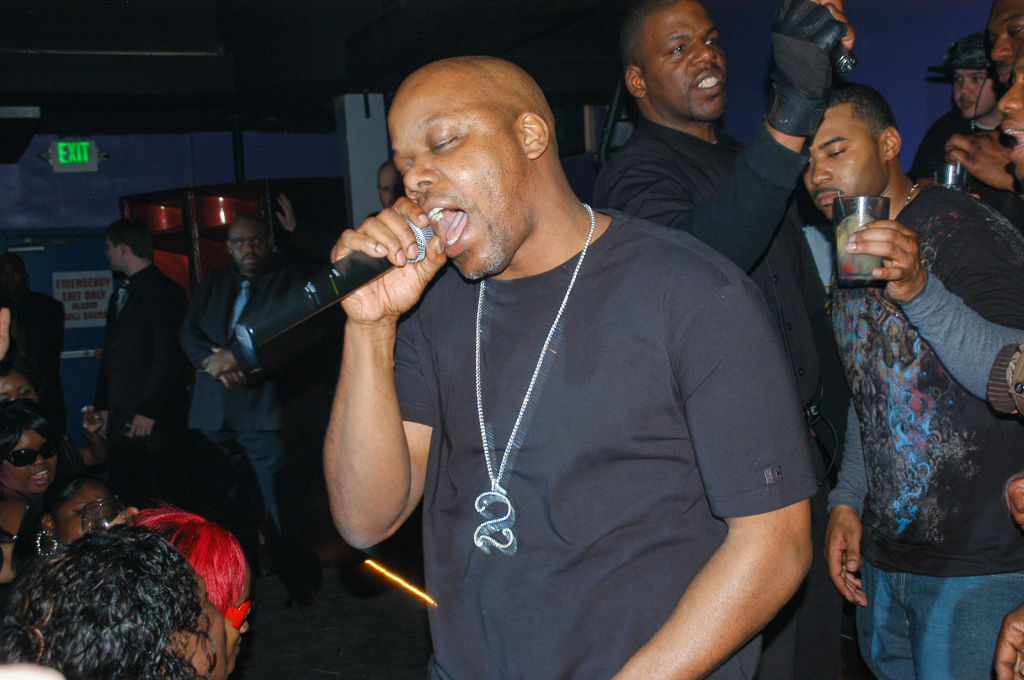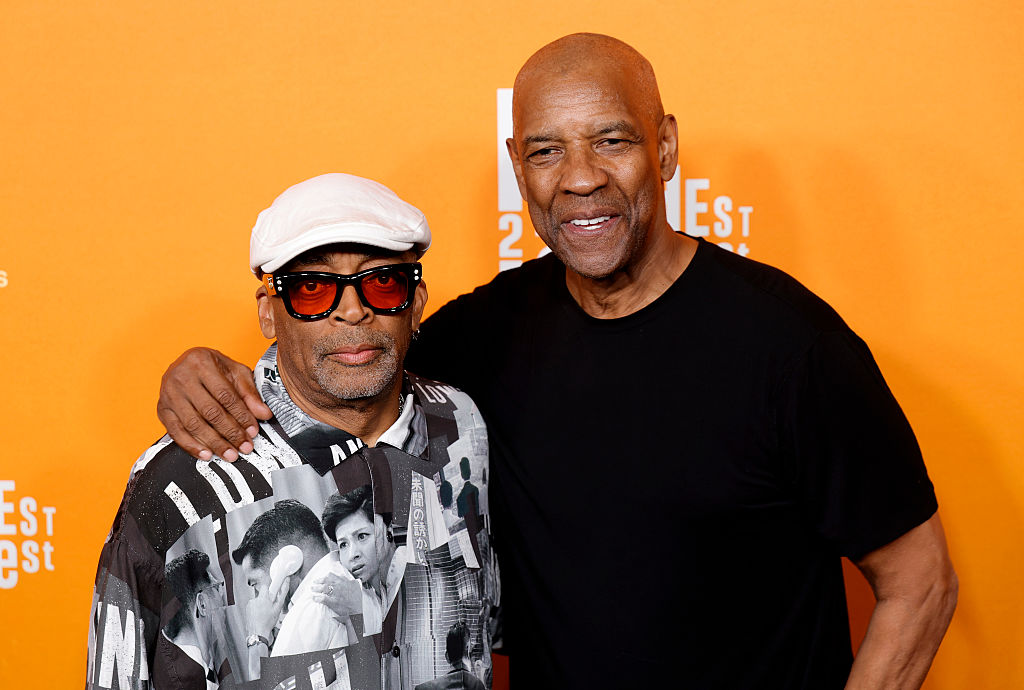HBCU Caught Up In Latest College Basketball Gambling Investigation
HBCU Caught Up In Latest College Basketball Gambling & Fixed Games Investigation

Source: Stew Milne / Getty
Betting scandals continue to make headlines, and this week, there’s an HBCU involved. Two Mississippi Valley State men’s college basketball players have had their NCAA eligibility revoked in the wake of the discovery that they were involved in manipulating games and providing information to others to bet.
Donovan Sanders and Alvin Stredic have been dismissed from the basketball program and the school, according to multiple reports. They are accused of providing information that helped bettors in a game in which Mississippi Valley State lost to Alabama State University 79-67 on Jan. 6, as well as in a game vs. Tulsa. The NCAA contacted an independent service when another probe into a gambling ring led to questions about whether the games were being manipulated. An investigation revealed that Sanders and Stredic were offered money to throw the ASU game and that Sanders was overheard discussing it by a teammate.
Mississippi Valley State released a statement via their social media platforms.
The statement reads, “Mississippi Valley State University acknowledges the recent NCAA Committee on Infractions report which concluded a law enforcement investigation into sports betting violations involving two former men’s basketball student-athletes who are no longer enrolled at the university.”
They added, “The University has fully cooperated with the NCAA investigation throughout this process and is committed to upholding the highest standards of integrity in its athletic programs. The university takes these matters very seriously and uses them as an opportunity to reinforce with all student-athletes the importance of adhering to NCAA regulations regarding sports wagering, which are in place to protect the integrity of college sports and the well-being of student-athletes.
Four other players from two schools were also dismissed. At Arizona State, the only power school implicated, Chatton “BJ” Freeman was found to have shared insider information with a former Fresno State player, Mykell Robinson, who was betting on him via a fantasy site. In the 2021-2022 season, the two were teammates at Dodge City Community College in Kansas City, Missouri. The NCAA reviewed multiple text messages from Freeman to Robinson and discovered that Freeman provided information to both his then-girlfriend twice and to Robinson at least four times.
At the University of New Orleans, players Cedquaviouw “Dae Dae” Hunter, Dyquavian Short and Jamond Vincent are alleged to have manipulated the outcome of seven games. Hunter, Short, and Vincent allegedly tried to ensure that the games they played in didn’t cover the spread. In the seven games vs. McNeese State, Vanderbilt, Texas A&M, Corpus Christi, Southeastern Louisiana, East Texas A&M, Northwestern State and Incarnate Word, New Orleans failed to beat the spread in six of those games. The players were also said to have provided misleading and/or false statements to investigators about their involvement. Hunter, Short and Vincent were suspended in January.
Attempts by multiple media outlets to reach any of the players involved were unsuccessful.
It’s believed that a syndicate targeting college players is linked to the ongoing NBA gambling investigation, where Houston Rockets coach Chauncey Billups, Miami Heat player Terry Rozier and former player Damon Jones were arrested for various gambling-related crimes. That is partly how some of the investigation came about, along with tips and unusual betting patterns flagged in multiple games by the betting sites.
These revocations come as the NCAA announced last month that it’s investigating more than 30 current and former men’s college basketball players due to gambling improprieties, while also allowing NCAA players to bet on professional sports. That is expected to happen on Nov. 22. College athletes will only be allowed to bet on pro sports.
See the ongoing reaction to sports gambling within college sports below.
HBCU Caught Up In Latest College Basketball Gambling & Fixed Games Investigation was originally published on cassiuslife.com











